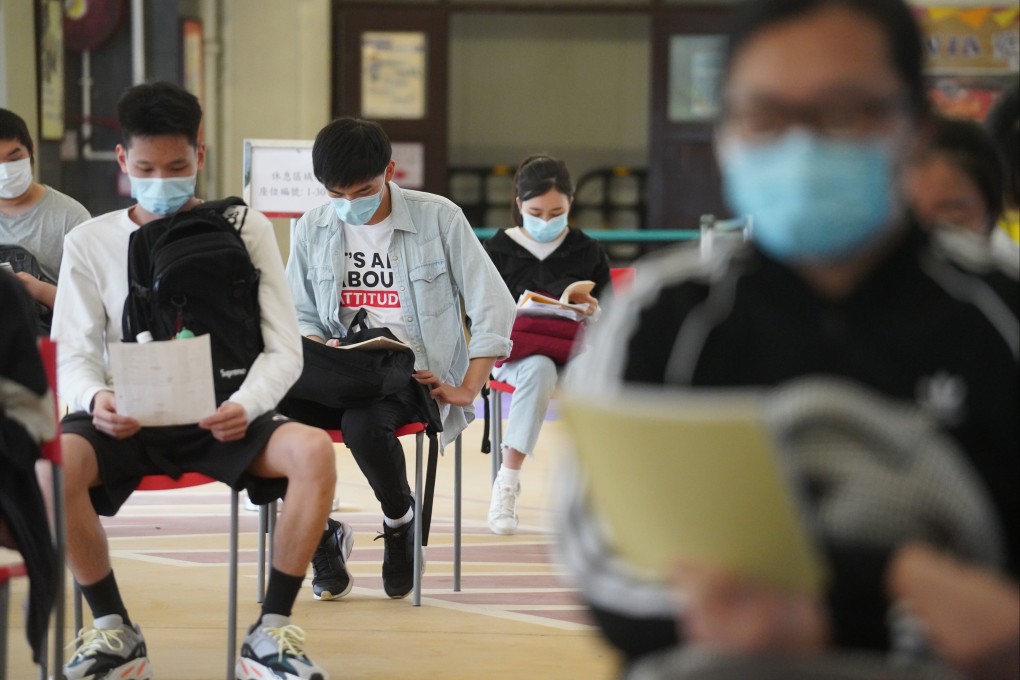Advertisement
Letters | Hong Kong’s DSE students need our support during time of exams and pandemic
- Readers discuss the strain students taking the DSE are facing amid the pandemic and how teachers can effectively incorporate multimedia into their classrooms
Reading Time:3 minutes
Why you can trust SCMP

Feel strongly about these letters, or any other aspects of the news? Share your views by emailing us your Letter to the Editor at [email protected] or filling in this Google form. Submissions should not exceed 400 words, and must include your full name and address, plus a phone number for verification.
I am writing in response to the article “Hong Kong students’ summer holiday to start on March 7, but international schools, kindergartens granted exceptions” (February 28).
As a local secondary schoolteacher, I cannot imagine myself to be one of those unfortunate candidates in this cohort, dragged into such a mess thanks to the authorities’ incapability of epidemic control during the past few months.
Advertisement
The Diploma of Secondary Education is not solely a benchmark for university admission, but the examination itself is a test of endurance and stress management. When all subjects are crammed into three weeks’ time and many popular electives are scheduled in the second week, students barely have enough time to take a short break between subjects and stay on track.
This is to say nothing of their concern about the possibility of testing positive for Covid-19 and therefore being banned from the exam. Yet if this happens, all their efforts will go up in smoke and they must wait, and revise of course, for another year.
Advertisement
I have heard some adults leaving reckless comments such as, “Come on, you should start preparation early. You should learn to be more flexible.” It seems they might have forgotten how it used to feel when they were 17 or so.
Advertisement
Select Voice
Select Speed
1.00x